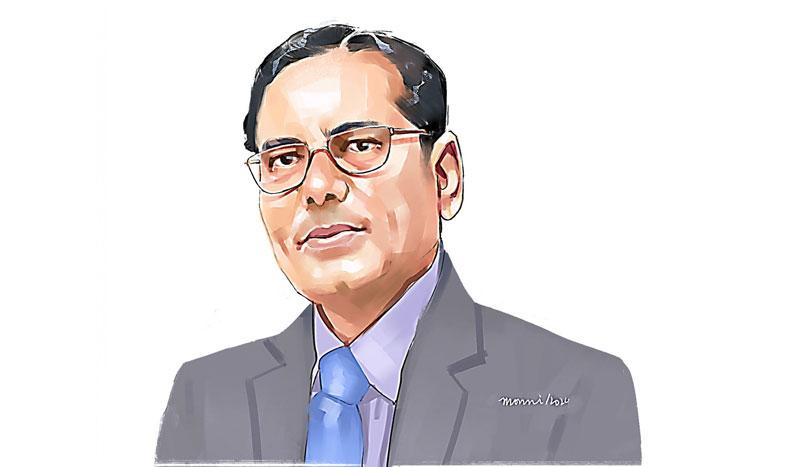Originally posted in The Business Standard on 26 March 2025
Dr Muhammad Yunus, the Chief Adviser to Bangladesh’s interim government, is now in China on a four-day trip. This visit is significant, marking the first bilateral engagement after Bangladesh’s political transition. Regional powers will closely observe the meeting, especially considering the recent shifts in Indo-Bangladesh relations. The Business Standard spoke with a prominent economist and a diplomat to explore the potential outcomes of the visit.
 The visit is crucial given our multidimensional relationship with China
The visit is crucial given our multidimensional relationship with China
Professor Mustafizur Rahman
Distinguished Fellow, Centre for Policy Dialogue
China is our largest bilateral trading partner. We have Chinese investment in various infrastructure projects, and in the form of Foreign Direct Investment (FDI). It’s a crucial meeting given that our relationship with China is multidimensional.
Ways to further extend quota-free and duty-free arrangements might come up in the discussions. The focus might also be on how to activate the special economic zone here and attract Chinese investments, targeting the Chinese market and other markets.
The issue of technology transfer might also come up in the discussion, focusing on how China can contribute to enhancing Bangladesh’s productivity through professional exchange and technology transfer. Thus the visit has economic significance.
Bangladesh might try to seek new Chinese loans and support to implement various new projects. We could renegotiate the old ones both in terms of interest rates and the current Export Development Fund (EDF).
The Rohingya issue might also be raised with significant importance in the discussion.
We have always had a stable relationship with China. The current state of our relationship with them is also a continuation of the past. In the future, if the elected government feels the need to reconsider any agreements or decisions, they will do so. However, Dr Yunus must engage in discussions for the greater national interest for now.


